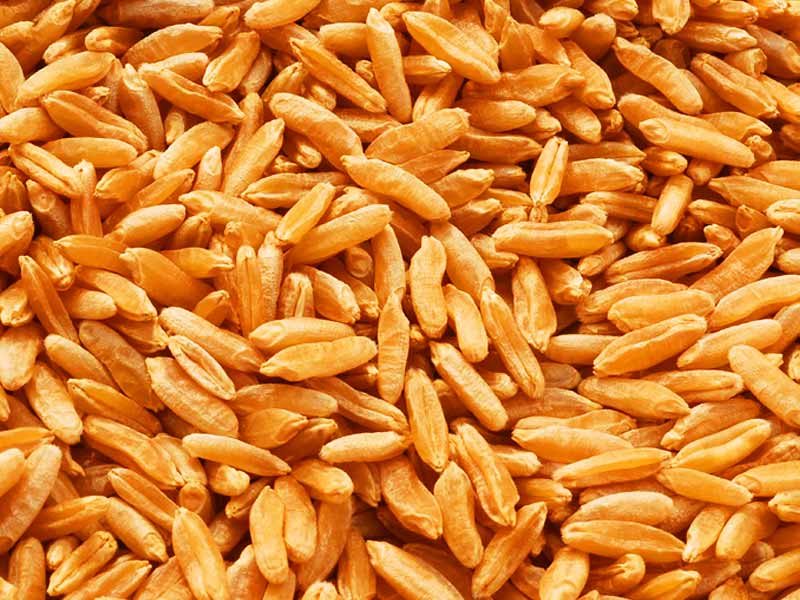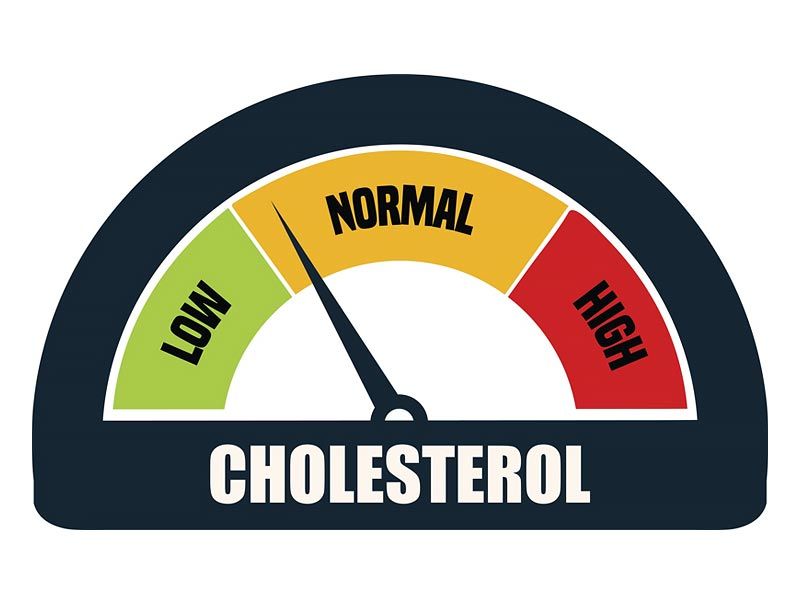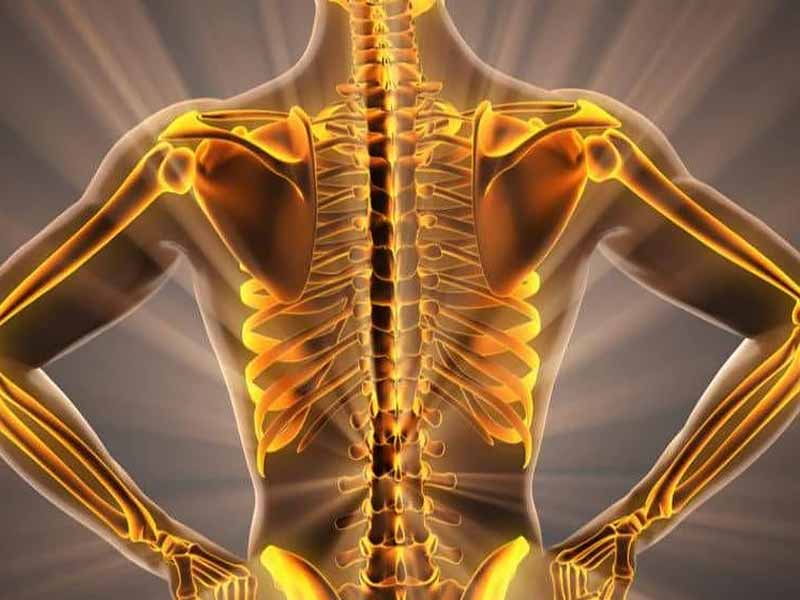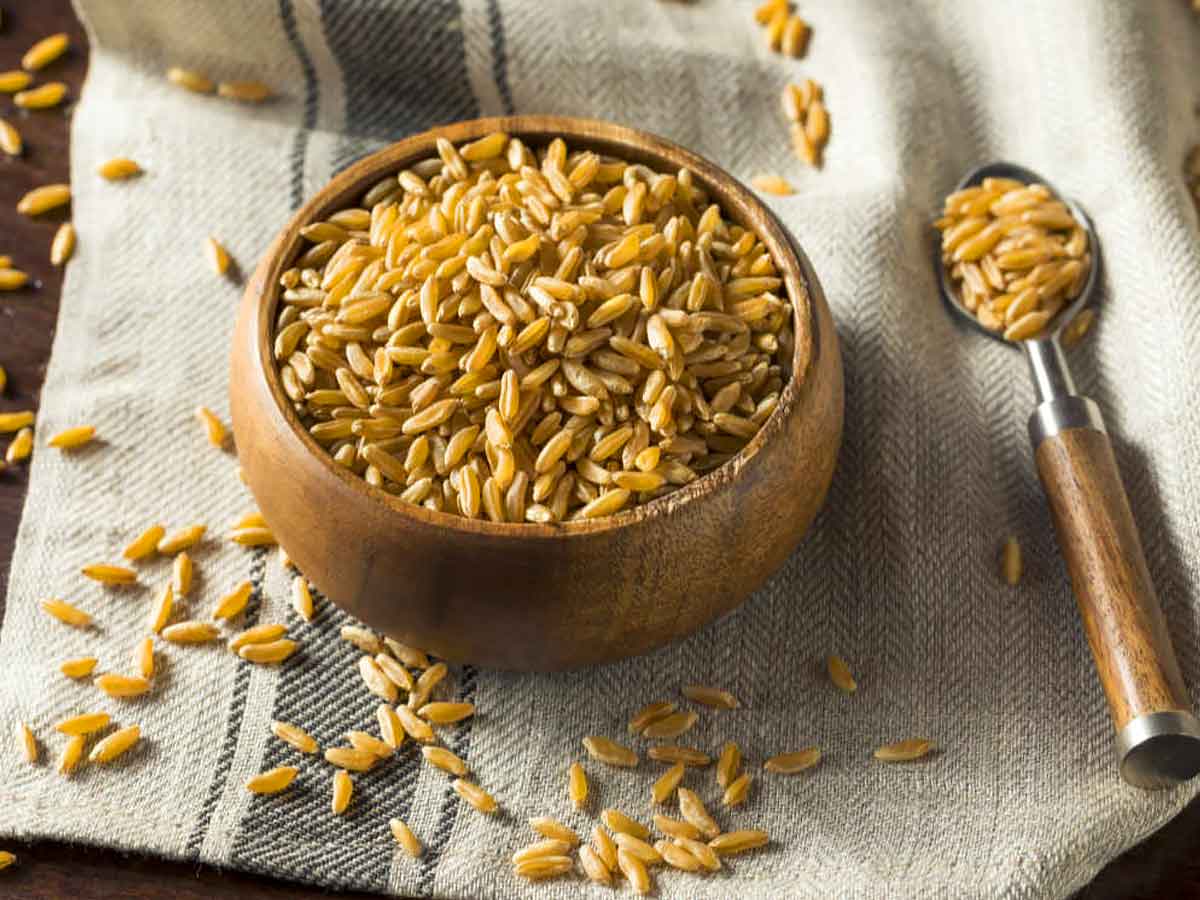Kamut, which is pronounced “Kah-moot,” is a historical variety of wheat grain that is sometimes referred to as Oriental or Khorasan wheat. It is thought that this grain was originally cultivated in Khorasan, a region that was once quite large and included what is now Iran, Afghanistan, and other parts of central Asia. When Kamut arrived in the USA in 1949, there was no interest at the time. But 28 years later, Bob and Mack Quinn, two Montana farmers, made the decision to start a farming experiment. The popularity of this ancient whole grain has increased in tandem with the growing discourse surrounding the health benefits and adverse effects of modern wheat in recent years.
This grass grows annually and yields grains that resemble modern wheat kernels in size, but twice as big. The flavour of kamut kernels is rich, buttery, and nutty. Compared to regular wheat, they are higher in proteins, vitamins, minerals, and healthy fats. Over the past 200 years, industrial revolutions, genetic engineering, and intensive farming have made it simple and affordable to produce modern flour.
Benefits of Kamut

Preserves Tissue Strength: Rich in complete fibre, kamut has the potential to preserve the elasticity of your tissues. In addition to being essential for oxygen transportation throughout the body, fibre can help the immune system function properly. This grain provides 28% of the daily fibre recommended for women and 19% of the daily recommended intake for men in just one cup.
Lowers Cholesterol:

More so than simple carbohydrates, kamut is a great source of protein that can help keep your cholesterol down and your body’s energy levels up.
Supports Hormone Balance:

The body uses both manganese and selenium to process sex hormones, and selenium aids in the production of thyroid hormones. This balance of hormones is supported by these two essential minerals.
Enhances Immune Response:

Zinc, which strengthens the immune system and supports thyroid health, is abundant in kamut. This grain can speed up the body’s ability to identify and eliminate infections or foreign substances by promoting the production of white blood cells. Lothar Rink’s study, which was published by Cambridge University Press, claims that zinc is a cofactor in over 300 enzymatic reactions, many of which have an impact on the immune system.
Aids Bone Health:

About 80 mg of magnesium, which is necessary for strong bones and delaying the onset of osteoporosis, can be found in one cup of kamut.

























